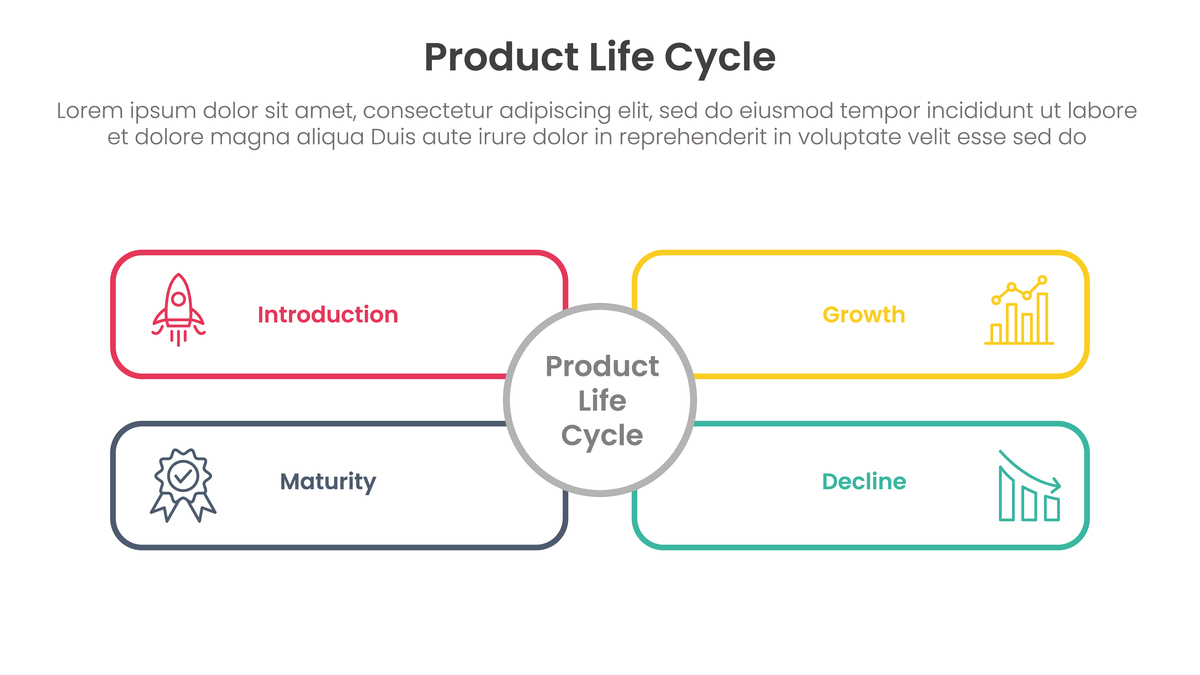Social Cognitive Theory: Predicting Responsiveness to Messages and Actions
Social cognitive theory predicts that people's responsiveness to particular messages and actions is influenced by their individual cognitive processes, such as attention, perception, interpretation, and memory. These cognitive processes are shaped by personal and environmental factors, such as beliefs, attitudes, values, past experiences, social norms, and situational cues.
According to social cognitive theory, people are more likely to be responsive to messages and actions that are consistent with their existing beliefs and attitudes, that align with their personal goals and values, and that are perceived as relevant and credible. In addition, people are more likely to be responsive to messages and actions that are presented in a clear and compelling manner, that evoke positive emotions, and that offer tangible benefits or rewards.
At the same time, social cognitive theory suggests that people's responsiveness to messages and actions can be inhibited by various cognitive biases and barriers, such as selective attention, confirmation bias, cognitive dissonance, and reactance. These barriers can prevent people from processing and accepting information that conflicts with their existing beliefs and attitudes, or that challenges their sense of control and autonomy.
Overall, social cognitive theory emphasizes the importance of understanding the cognitive processes that underlie people's responsiveness to particular messages and actions, and of designing communication and intervention strategies that take these processes into account.

原文地址: https://www.cveoy.top/t/topic/nvVH 著作权归作者所有。请勿转载和采集!